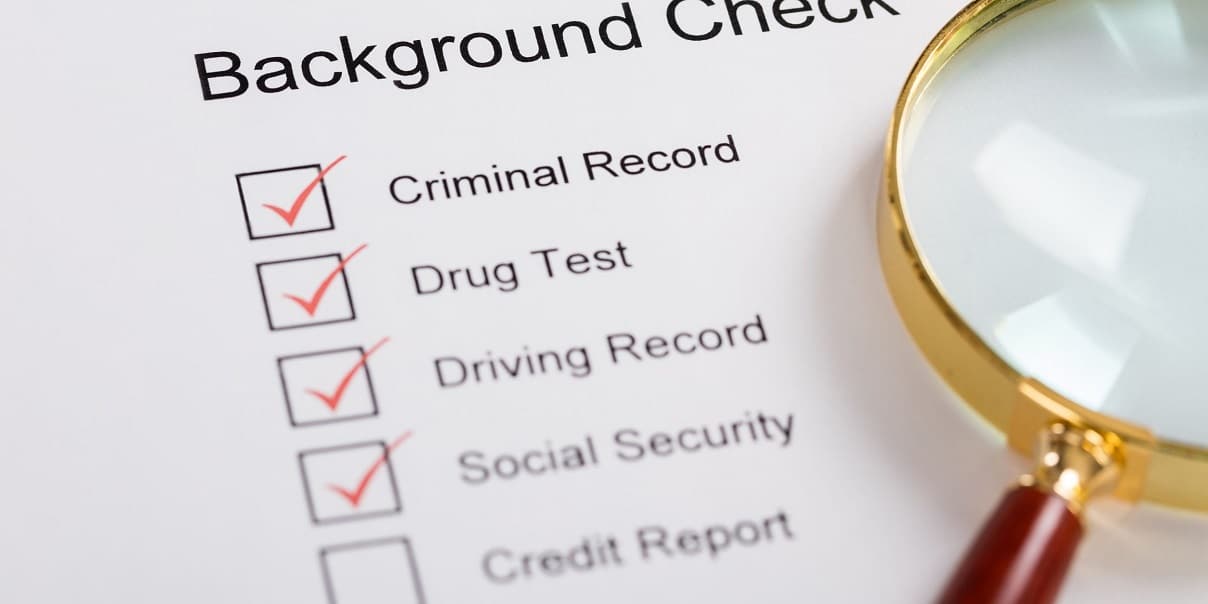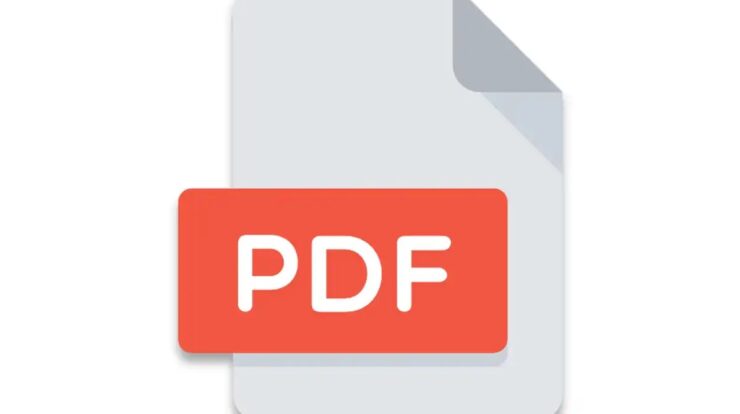
Background checks have become commonplace among Australian employers over the past decade. In fact, background checks are mandatory when hiring in some specific sectors or/and job roles. Background screening checks help HR professionals verify that all the information provided by applicants is true, considering that over 80 percent of job applicants lie in their job application.
This post explores some of the most common types of background checks used by hiring managers.
National Police Checks / Criminal History Checks
This check is used to expose candidates with a criminal history in which the offense is related to the new roles they’re applying to. For example, in Australia, a name search using an afp police check is used to pull up criminal information on the candidate.
Skill, Experience and Qualification Validations
In today’s competitive landscape, many job applicants embellish the truth on their resume – either by including non-existent qualifications, professional memberships, job roles, degrees, and more.
An Education check helps to verify that the applicant got the degree they claim to have in the stated year and with the right grade. Employment verification looks for inconsistencies in employment dates, position, and other factual information provided by the candidate.
Reference Checks
This usually involves contacting previous employers, supervisors, and so forth to verify key educational and employment information and learn more about the candidate’s background, experiences, and skills. Concretely, it helps employers get a feel of the applicant from a third-party.
Financial History checks
For people working in the financial sector, financial history checks are the norm. Employers sometimes check credit to get insight into a potential hire, including signs of financial distress that may indicate an increased risk of fraud or theft. This helps employers make a sound hiring decision based on the role.
A financial history check may include a basic credit check.
Driving History Checks
For applicants whose job role will involve driving, a driving history check is one of the screening checks that will be conducted. The driving report that the employer receives contains all driving infractions, tickets, and accidents. A candidate with multiple DUI charges or complaints may be a liability for their employer in the future. With a driving history check, employers can filter out such a candidate.
Identity Verification
Employers have to verify the candidate’s identity and eligibility to work in Australia before they extend an offer. As an example, based on Australia’s Employment laws, employing an illegal worker is criminally liable under the Migration Act 1958. The employer can face fines up to $13,200 and two years imprisonment (as an individual) or up to $66,000 per illegal worker for a company.
Social Media Checks
In these last few years, many Australian have begun to incorporate social media checks into their screening routine. Social media provides a peek into the personal life of applicants and can help expose behaviors that may become a liability for the employer in the future. For instance, a candidate that’s always perpetrating hate speech online may not make a good fit. No to forget that any information related to terrorism, extortion, money laundering, scamming through any online media can be detected back from 10 years just by searching with the candidate’s name.
International Background Checks
Thanks to the internet, the workplace is now more diverse than ever before. For employers seeking to bring in foreign talent, international background checks allow them to be able to verify the educational and employment history of a candidate from a foreign country. This helps to ensure that the applicant isn’t hiding anything from their past that can become a liability for their employer in the future.
Bankruptcy Checks
The personal insolvency proceedings in Australia are recorded by the National Personal Insolvency Index (NPII) and is available publicly in the form of an electronic record. This record is generally carried by the Australian Financial Security Authority. Business risk can be exposed by determining if the person has been or is bankrupted. Under the Bankruptcy Act, there are laws which define these agreements known as Part IX and X debt agreement. With a bankruptcy report, it is difficult to get a credit in the future. With the help of a Bankruptcy check, it is easy to check the bankruptcy status of a person, if that person has loaned or is in debt.
VEVO Checks
This check is particularly important for overseas arrivals in Australia who wishes to stay, work or study here. The Visa Entitlement Verification Online (VEVO) check helps the employer confirm the working rights or work entitlement of a person in Australia. Not only is it a useful check for the employer when hiring someone, but an education provider can use this check to find the study rights of the student who is enrolled or is planning to enroll in the institute. For example, it will include their right to study in Australia and also how long they can study for (6 months course or 1 year). Other sectors where this check is useful are by the migration agents, licensing authorities, Medicare Australia to check the Medicare eligibility etc.
Employee Reference Checks
An employee reference check is a small portion of the hiring protocol. The employers are allowed to carry out a reference check on the potential employee they are considering to hire. This check helps the employer find out if the candidate has been involved in any kind of criminal acts such as theft or fraud. A cross-examination of the candidate’s nature can be determined by getting a reference from their previous employer.
Apart from these common types of checks, there are few other checks such as Business Interest Checks which has information about the licensing, company office holding and disqualifications. Working with Children check is a type of Business Interest check. The Court Checks include court checks in each state the candidate resided, the Australian Federal court check which is considered as the national check.
All these checks are done in accordance with the Australian law and policy and also specific to the requirements.


